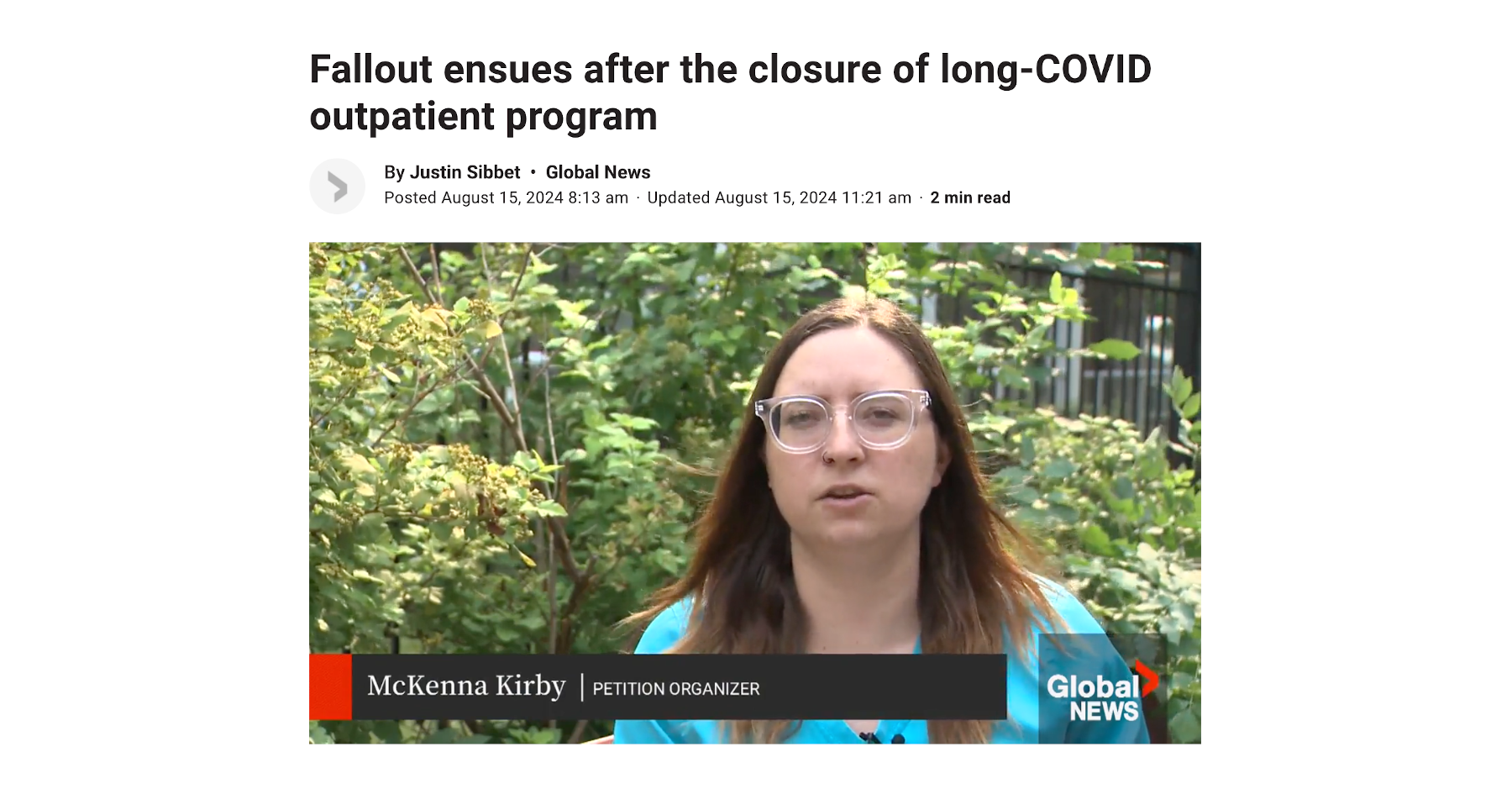Groundbreaking research led by a Swansea University academic has revealed a synthetic glycosystem — a sugar-coated polymer nanoparticle — that can block Covid-19 from infecting human cells, reducing infection rates by nearly 99%.
The glycosystem is a specially designed particle that mimics natural sugars found on human cells. These sugars, known as polysialosides, are made of repeating units of sialic acid — structures that viruses often target to begin infection. By copying this structure, the synthetic molecule acts as a decoy, binding to the virus’s spike protein and preventing it from attaching to real cells.
Unlike vaccines, which trigger immune responses, this molecule acts as a physical shield, offering a novel approach to infection prevention.
Comments closed

